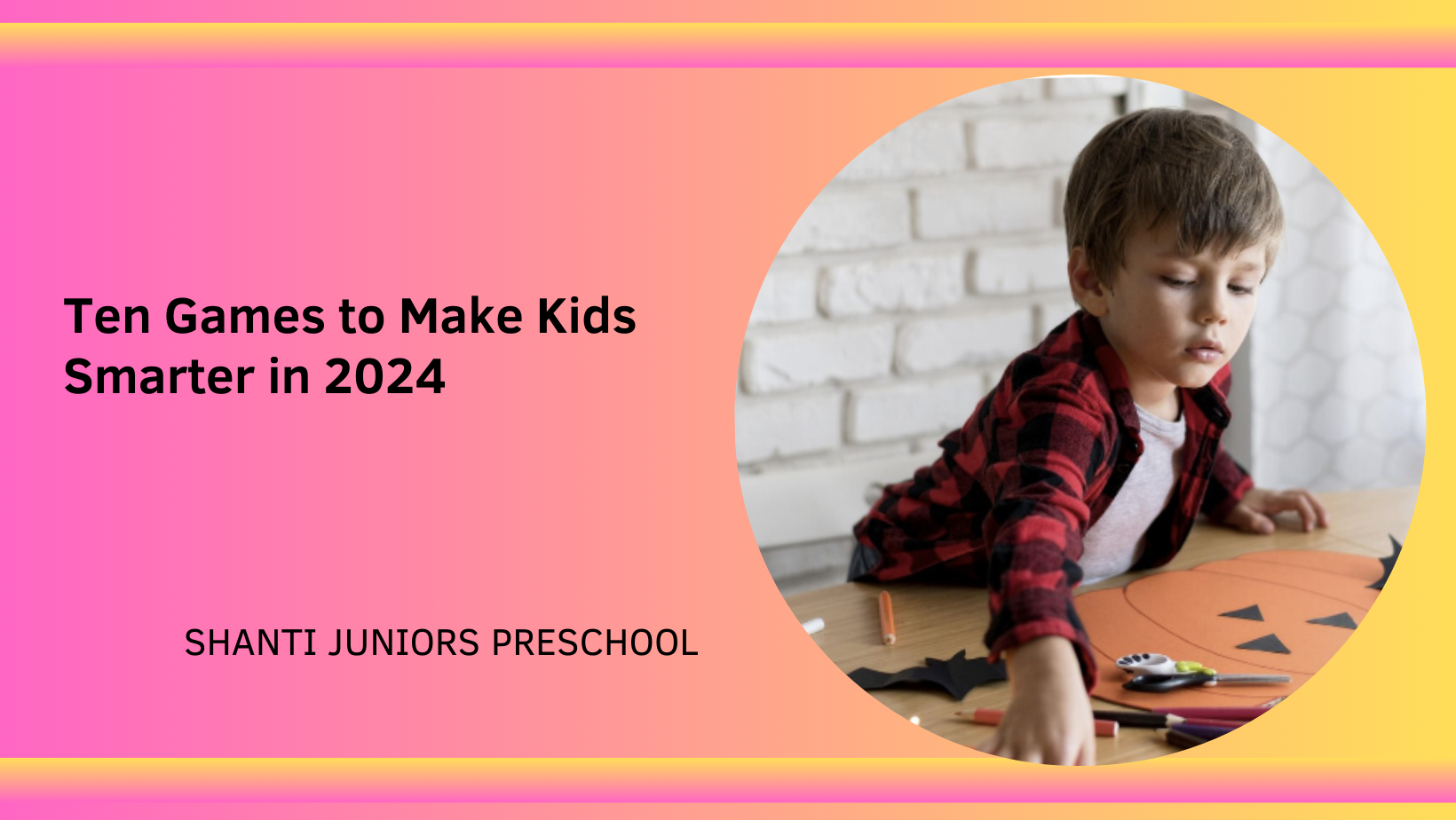

These games are designed not just for entertainment but to enhance brain function, improve memory, boost problem-solving skills, and foster creativity. Below, we explore ten of the best games that can make kids smarter this year.
As parents and educators, we are always on the lookout for innovative ways to stimulate our children's minds and help them develop critical cognitive skills. In 2024, the digital landscape is filled with exciting games that can make learning both fun and effective.
ChessKid is an online platform that introduces children to the age-old game of chess, a game known for enhancing strategic thinking and problem-solving abilities. Chess teaches kids to plan ahead, anticipate their opponent's moves, and think critically. It sharpens the mind and improves concentration, making it a perfect tool for cognitive development. The puzzles and challenges on ChessKid are tailored to different skill levels, ensuring that every child, whether a beginner or advanced, finds the right level of challenge.
Lumosity Kids is a part of the renowned Lumosity suite of brain-training games but designed specifically for children. The app offers a variety of mini-games that target different cognitive skills such as memory, attention, flexibility, speed of processing, and problem-solving. Each game adapts to the child’s performance, providing a personalized learning experience that grows with them. The engaging graphics and fun challenges ensure that children remain motivated while enhancing their cognitive abilities.
Prodigy is a math game that has captured the hearts of millions of children around the world. This game combines math problems with a fantasy adventure, making learning math fun and exciting. Children can explore different worlds, battle monsters, and collect rewards, all while solving math equations. Prodigy’s adaptive learning feature ensures that children are challenged at their appropriate skill level, making it an excellent tool for improving mathematical skills and logical reasoning.
Minecraft: Education Edition is an educational version of the popular Minecraft game, which has been used in classrooms around the globe to teach a variety of subjects, from math to history. The game encourages creativity, spatial reasoning, and teamwork as children build structures, solve puzzles, and explore different environments. Minecraft’s open-ended gameplay allows children to experiment, think critically, and learn from their mistakes, all in a virtual world that fosters innovation and exploration.
BrainPOP is an educational platform that offers interactive games and quizzes across various subjects including science, math, history, and English. The games are designed to reinforce learning through play, making complex subjects more accessible and engaging for children. BrainPOP’s games are paired with educational videos and activities that provide a well-rounded learning experience. This platform is an excellent resource for both classroom learning and at-home education, promoting a deeper understanding of core subjects.
Also Read: 5 Essential Qualities to Look for in a Good Preschool or Nursery
Kahoot! is a game-based learning platform that transforms traditional quizzes into competitive, engaging games. Teachers and parents can create custom quizzes on any topic, allowing for a personalized learning experience. The competitive element of Kahoot! encourages children to participate actively and think quickly, improving their recall and comprehension skills. Whether used in a classroom setting or at home, Kahoot! makes learning fun and interactive, helping children retain information more effectively.
The Carmen Sandiego series has been a favorite among educators for years, and its latest iteration, "Recovering the Stolen Knowledge," continues the tradition of teaching geography and history through an exciting narrative. Children take on the role of a detective, tracking down the elusive Carmen Sandiego by solving puzzles and following clues around the world. The game enhances critical thinking, geography skills, and cultural awareness, all while keeping children engaged with its captivating storyline.
Osmo combines physical play with digital learning, creating a unique and interactive educational experience. Using tangible pieces and a tablet, children can engage in various educational games that teach everything from coding to math to creative drawing. Osmo’s innovative approach bridges the gap between the digital and physical worlds, helping children develop fine motor skills, problem-solving abilities, and creativity. This hands-on learning platform is particularly effective for younger children who benefit from interactive, tactile experiences.
CodeCombat is a game that teaches children how to code by guiding them through different levels of gameplay. Players write code to control their characters, solve puzzles, and complete missions. This game is an excellent tool for developing logical thinking, problem-solving skills, and computational literacy. As coding becomes an increasingly essential skill in the modern world, CodeCombat offers a fun and engaging way for children to learn programming languages such as Python and JavaScript.
DragonBox is a series of educational games that make learning math concepts both fun and accessible. The games cover a range of topics, from basic arithmetic to algebra, and present them in a way that is engaging and easy to understand. DragonBox’s innovative approach to teaching math helps children build a strong foundation in the subject, boosting their confidence and improving their academic performance.
Also Read: Top 10 Brain Development Foods for Children
These ten games are more than just entertainment; they are powerful tools for cognitive development. By incorporating these games into your child’s routine, you can help them develop essential skills that will serve them throughout their lives. From strategic thinking in chess to coding with CodeCombat, these games offer a diverse range of learning experiences that are both fun and educational.